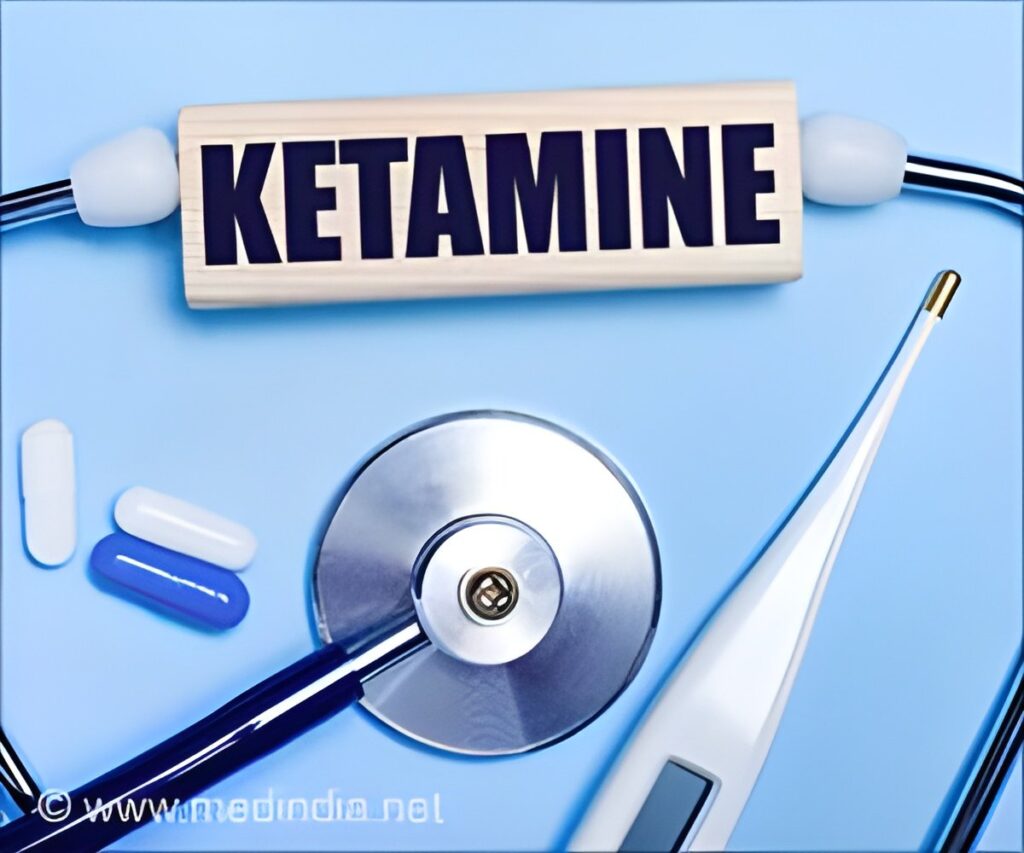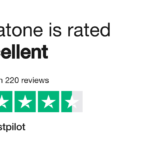Ketamine therapy is gaining recognition as a transformative option for treating depression, offering renewed hope to individuals who have not found relief through traditional methods. Originally developed as an anaesthetic, ketamine is now being repurposed in mental health care, with research highlighting its ability to provide rapid relief from depressive symptoms. This innovative approach marks a significant advancement in depression treatment, particularly for those with treatment-resistant conditions.
What Is Ketamine Therapy?
Initially approved in the 1960s as an anaesthetic, ketamine has long been valued in both human and veterinary medicine. Today, it is celebrated for its ability to influence brain chemistry in unique ways, making it an effective treatment for depression and other mood disorders. Administered in small, controlled doses, ketamine often leads to noticeable improvements within hours or days—far faster than traditional antidepressants, which may take weeks to show results.
Ketamine therapy typically involves intravenous (IV) infusions or a nasal spray formulation called esketamine, approved in 2019 in many countries, including the UK. These treatments are conducted in controlled clinical settings under medical supervision, ensuring both safety and effectiveness.
How Does Ketamine Work?
Ketamine’s mechanism of action is distinct from that of conventional antidepressants. Rather than primarily targeting neurotransmitters like serotonin and dopamine, it interacts with the brain’s glutamate system, which plays a crucial role in neuroplasticity—the brain’s ability to adapt and form new connections.
By modulating glutamate receptors, ketamine stimulates the growth of new neural pathways, effectively “rewiring” the brain. This process is believed to restore healthier brain function and alleviate depressive symptoms. Ketamine’s rapid impact on brain chemistry can also interrupt negative thought patterns, providing a much-needed reprieve from the cycle of depression.
Why Is Ketamine Gaining Popularity?
The growing enthusiasm for ketamine therapy stems from its remarkable success in treating individuals with treatment-resistant depression. For those who have not responded to standard treatments like selective serotonin reuptake inhibitors (SSRIs) or psychotherapy, treatment at Daydream MD ketamine clinic is a promising alternative.
Research demonstrates that ketamine can significantly reduce depressive symptoms, including suicidal ideation, often within hours. This rapid relief is particularly valuable in emergency situations and for patients in acute distress, where swift intervention can be life-saving.
Its ability to deliver quick results contrasts with traditional antidepressants, which may take weeks or months to achieve similar effects. For many, ketamine therapy represents a breakthrough in mental health care, offering immediate relief and hope for recovery.
Opportunities for Growth
Ketamine therapy is paving the way for a more personalised approach to mental health treatment. As research continues, new applications and delivery methods are being explored to make the therapy more accessible and sustainable for patients. Efforts are also underway to study the long-term effects of ketamine and expand its availability within healthcare systems.
A Bright Future
Ketamine therapy is revolutionising the treatment of depression, bringing rapid relief to those who need it most. While it is not a universal solution, its unique mechanism of action and effectiveness for treatment-resistant depression are reshaping how mental health care is delivered. For many, ketamine therapy signals a future where innovative and tailored treatments improve outcomes and transform lives.







